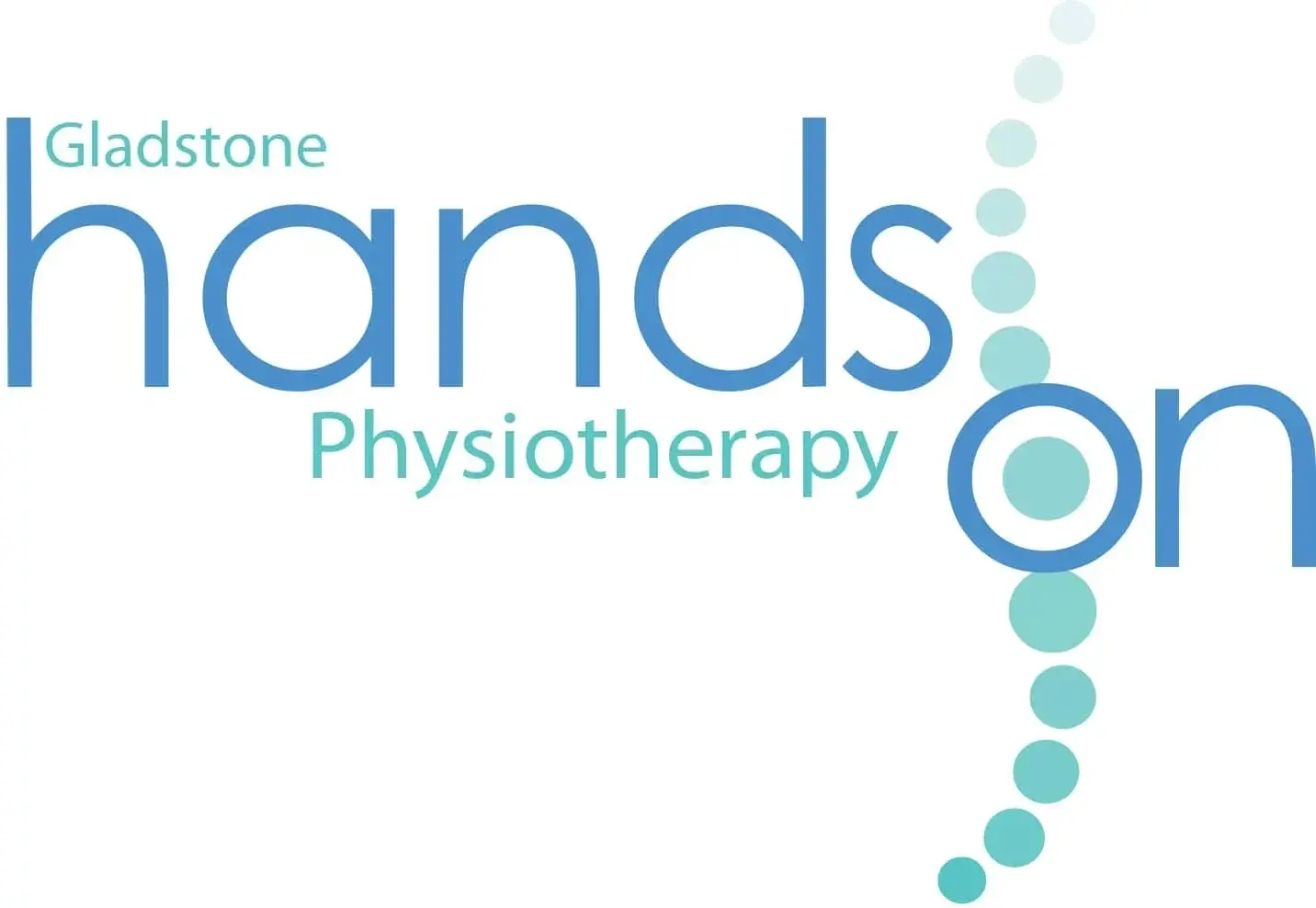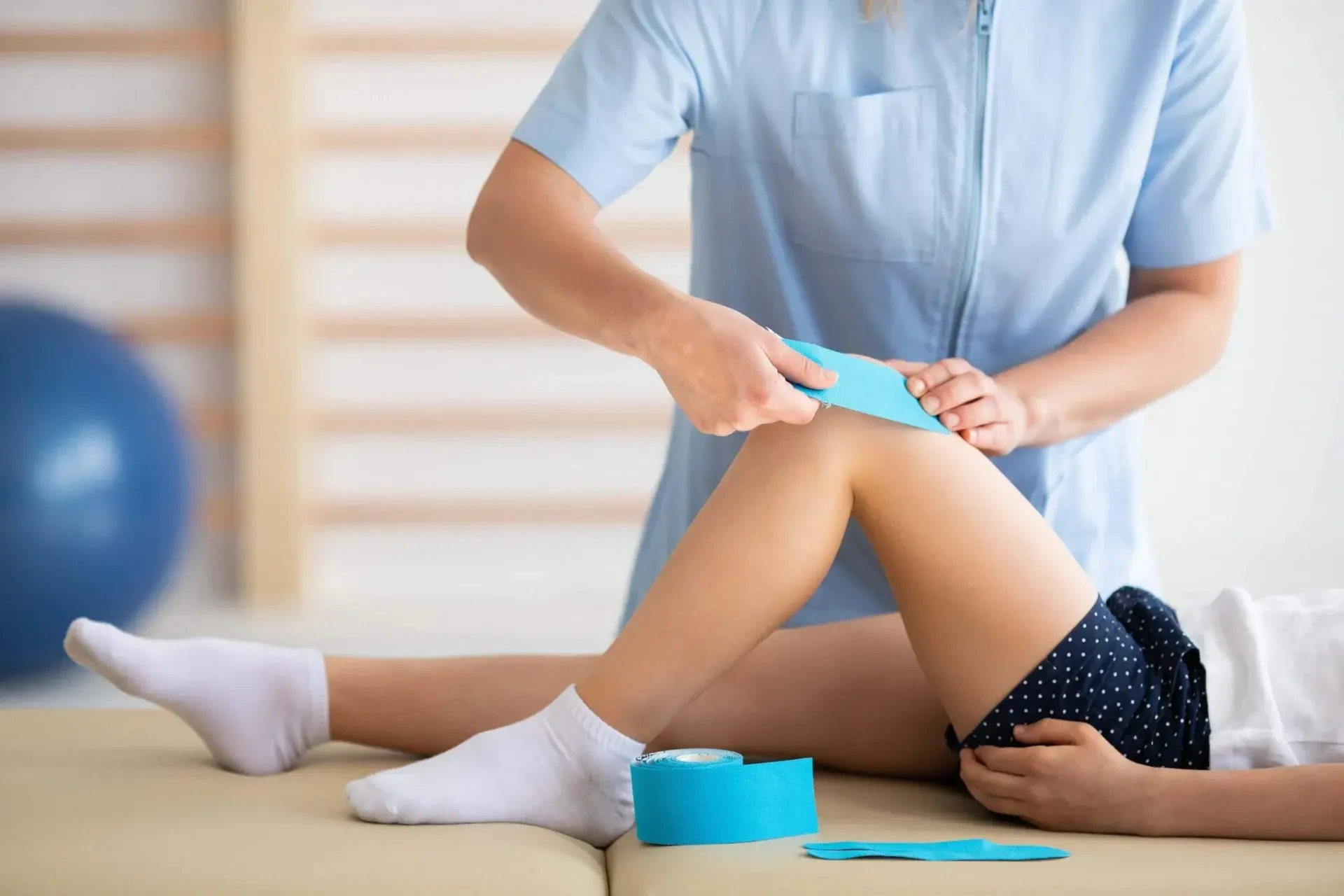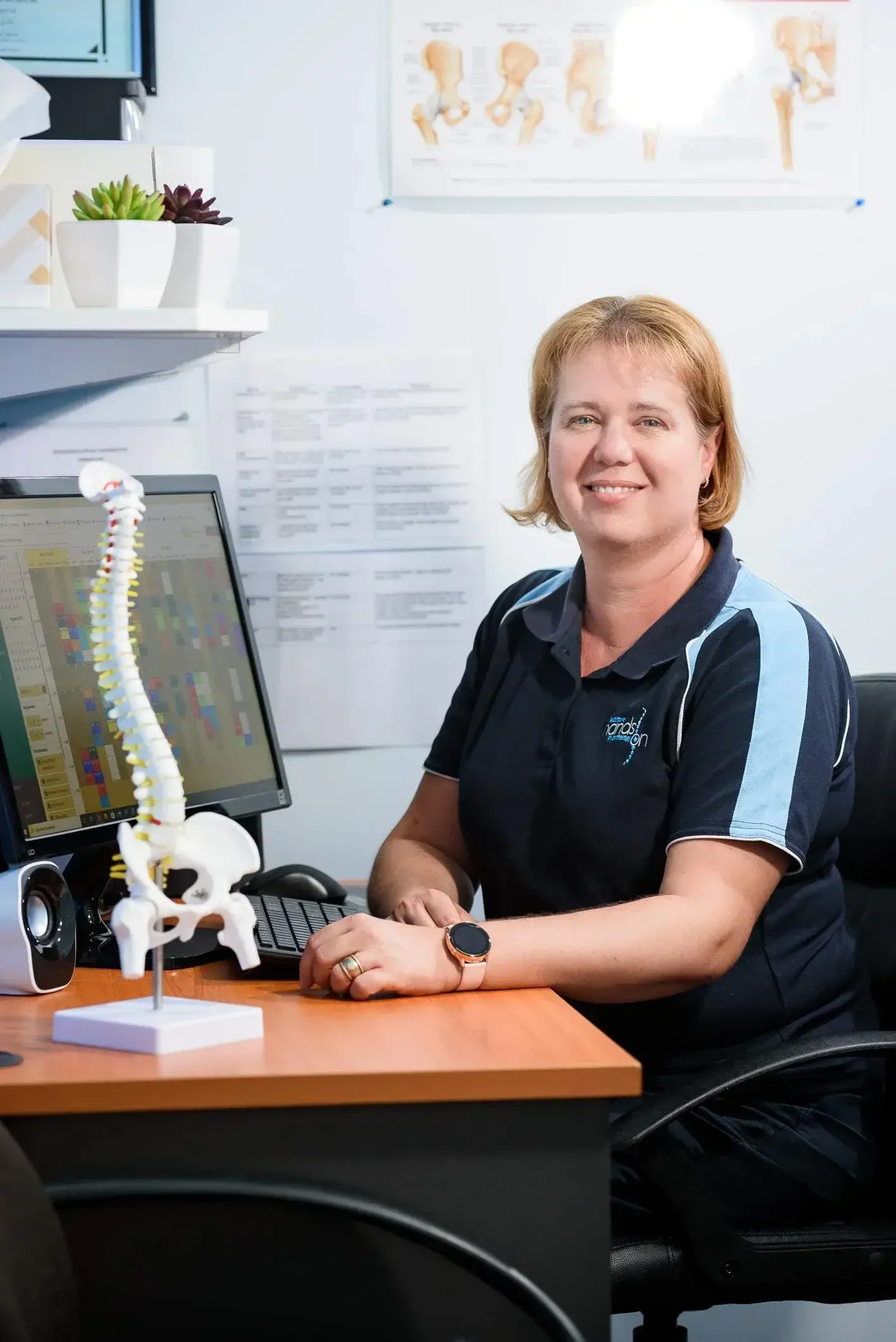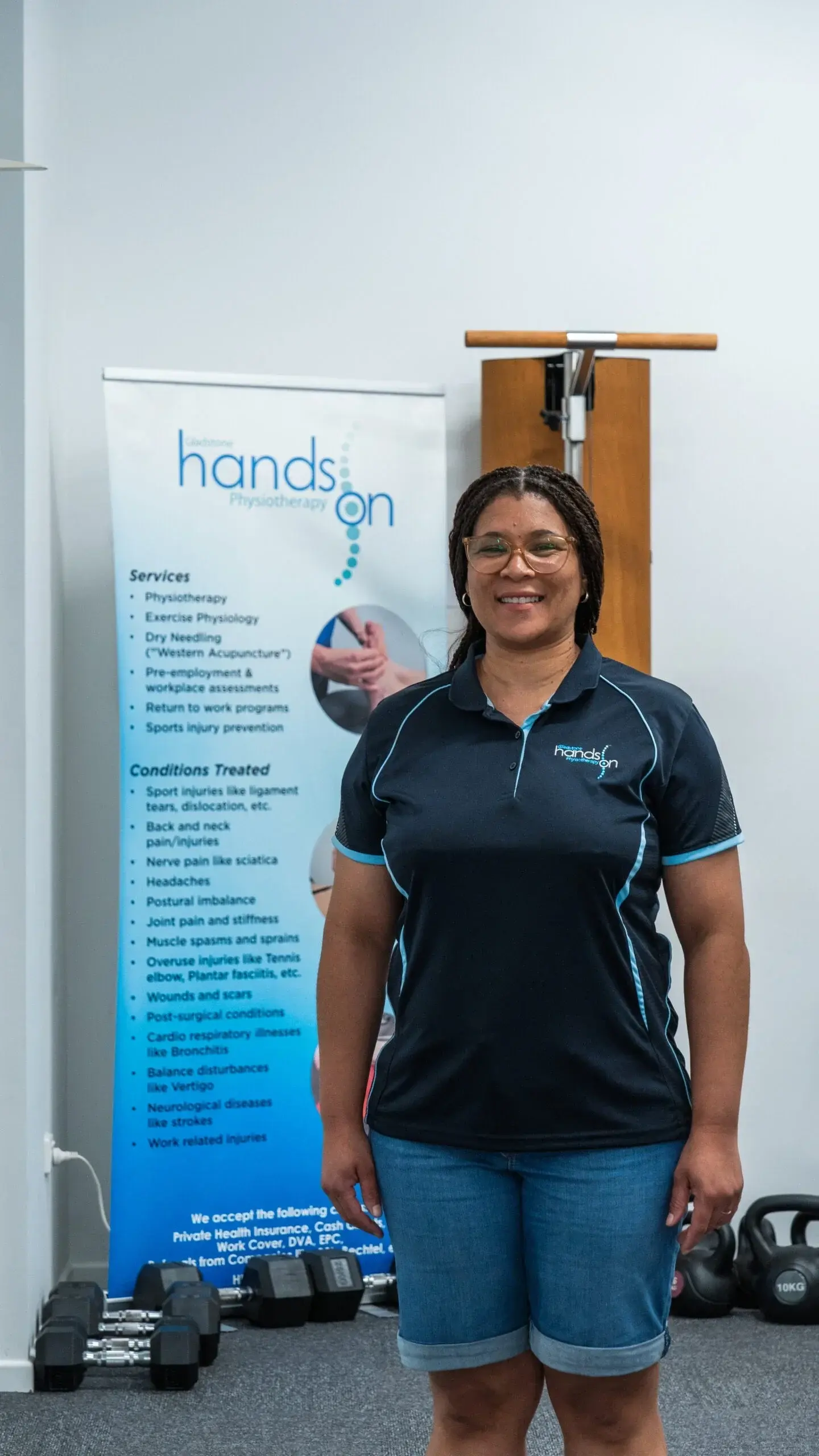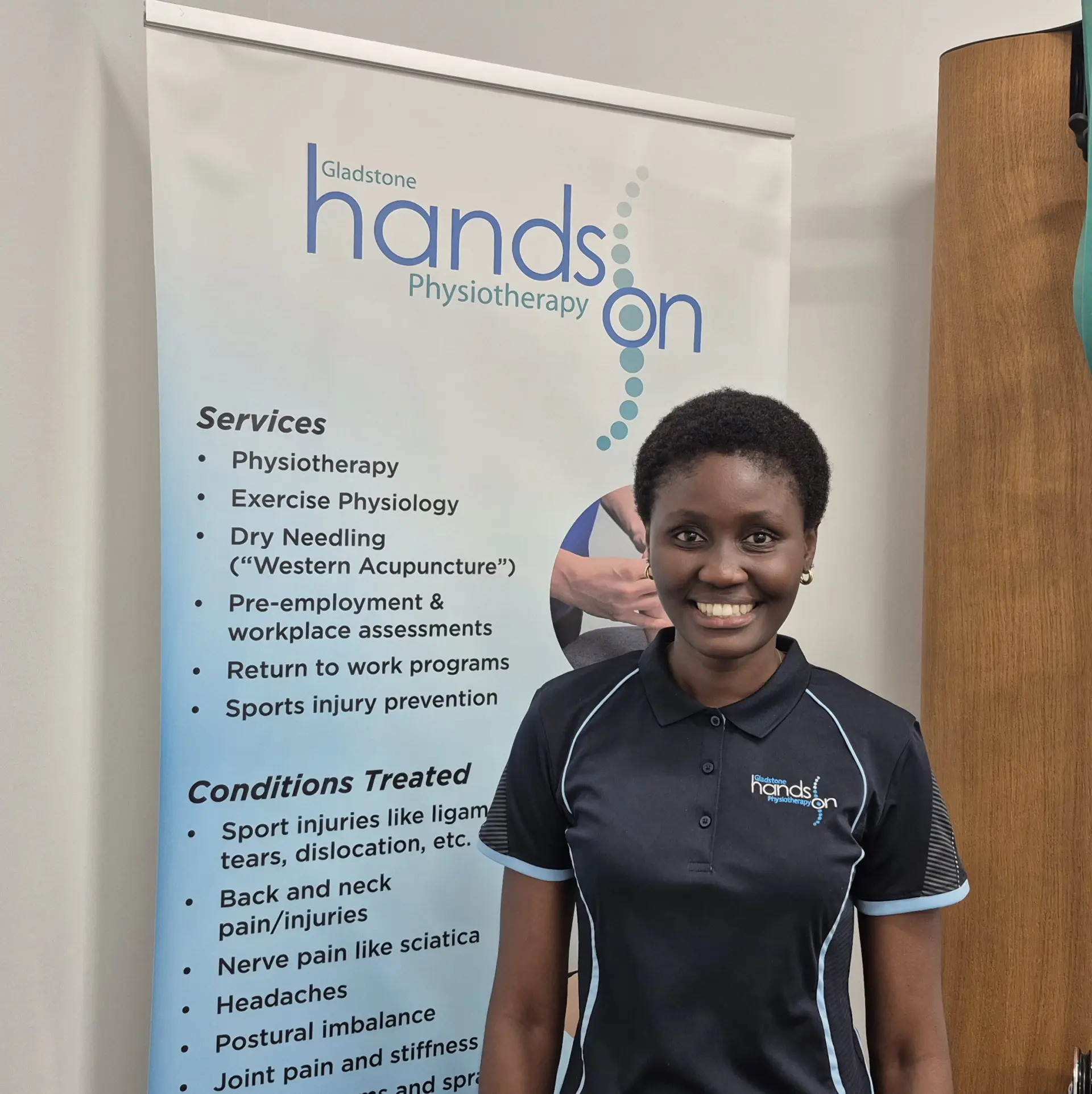What is the difference between Strapping and Taping?
Quite often these terms are used interchangeable however, strapping refers to any technique used outside of a therapy program to immobilize an injured area whereas taping is used as part of the therapy program to assist in rehabilitation and pain relief.
What do you use strapping tape for?
Strapping Tape is used outside of rehabilitation such as after fracture or when playing sport. Strapping tape is used to protect injured/recovering joints during game play or to immobilise a joint following injury. It is also sometimes used to facilitate better muscle function. Taping is used as a part of the therapy regime to relieve pain or assist muscles during therapeutic exercise.
How long should I keep strapping tape on for?
Strapping tape is effective for 3 days to 1 week following an application. Should you experience any irritation on your skin under the tape (like itching or burning) you must remove the tape immediately to avoid any further skin irritation. Damaged tape should be discarded after engaging in physical activity and be replaced by a new application if recommended by your health professional.
Does Strapping tape really work?
Strapping is very effective in the reduction of risk factors leading to injury during contact sport and effective in relieving pain following acute sporting injury. It is also extremely effective in facilitating muscle function when retraining movement.
